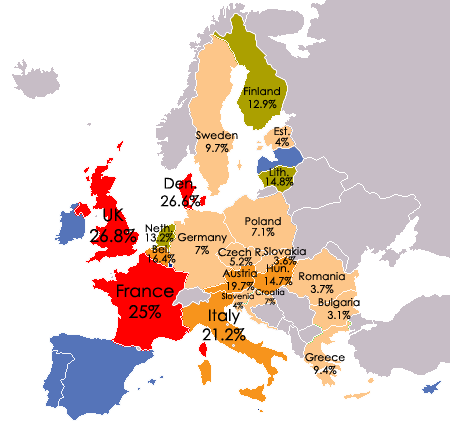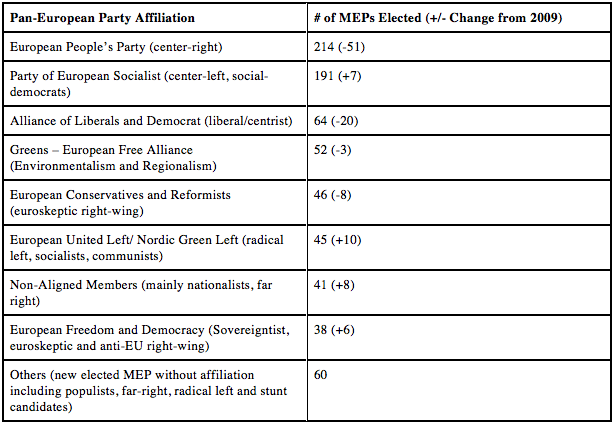An interview with Tanya D, the creator of the hashtag, by the 8-Bit Animal.
It’s no secret that modern gaming has been littered with games starring the same White male protagonist. Sure, they have different names, faces and voices, but they are typically the exact same character.
Gamers who aren’t White men have long voiced annoyance at the lack of diversity in gaming going back years, but it took Ubisoft’s seemingly gleeful omission of a female protagonist in the latest Assassin’s Creed title to bring this discussion to the forefront.
Recently, the hashtag #INeedDiverseGames created by Twitter user @cypheroftyr (Tanya D.) with the intent of shedding light on the lack on the lack of diversity surrounding in game characters.
As a longtime gamer myself, I can’t think of very many major games released over the last console generation that aren’t starring a White male protagonist, so this discussion is long overdue. Clearly, a lot of other people on Twitter shared the same opinion.
Tanya, a gamer for some 20 years, has seen the same general lack of diversity in gaming over the years that a lot of us have, but she spoke out about it.
“It happened because I was up and angry at video games at like 6 in the morning,” she said. “Being frustrated with the fact that game companies can make a game with a WOC [woman of color] protagonist, then turn around and say that women are too hard to animate in the same breath. That I often see the same retread, of the same man-pain-fueled, frigid girlfriend, or wife, or child, for the sake of the PLOT, and the same blonde/brown haired scruffy White dude protagonists in most of the titles out there. Then when you do have a female lead, it’s rare, and there is still misogynistic crap I have to wade through to enjoy the storyline.”
She also added that she’s “Sick of being the thug, the ho, or the disposable, uninteresting stereotype in games.”
The hashtag gained steam and continues to generate traffic, as it has been a seemingly perfect foil to the disjointed hatespeak disguised as a rally for ethics reforms in gaming journalism that was sparked by #GamerGate. Unlike the hostility coming from #GamerGate supporters, those involved in #INeedDiverseGames have been relatively civil, even when expressing dissatisfaction towards the industry.
Has Tanya seen much negativity directed towards her or the hashtag?
“Luckily no,” she answers. “I’ve avoided harassment from GG’ers [GamerGate “activists”] and the reaction has been mostly positive. That said; there’s a lot I’ve missed thanks to Blockbot and Blocktogether tools on Twitter. Some of it still slips through because Twitter’s mute and block functions aren’t worth anything. The only real backlash that I’ve given much attention to is the usual ‘MAKE YOUR OWN THEN’ rejoinder, which makes me see red. It’s never that simple.”
In most instances, titles developed by people of color aren’t often funded or distributed by major publishers. An example of this is Never Alone, a game developed and financed by a Native American community in Alaska.
Meanwhile, Grand Theft Auto V had a development and marketing budget of $265 million to create and advertise the title, and Destiny’s budget topped out at around $500 million. Many indie games are made for what many would consider less than a fraction of the typical big budget AAA title. Read more






 Guest post by Chris Chinn. You can follow him on Twitter
Guest post by Chris Chinn. You can follow him on Twitter